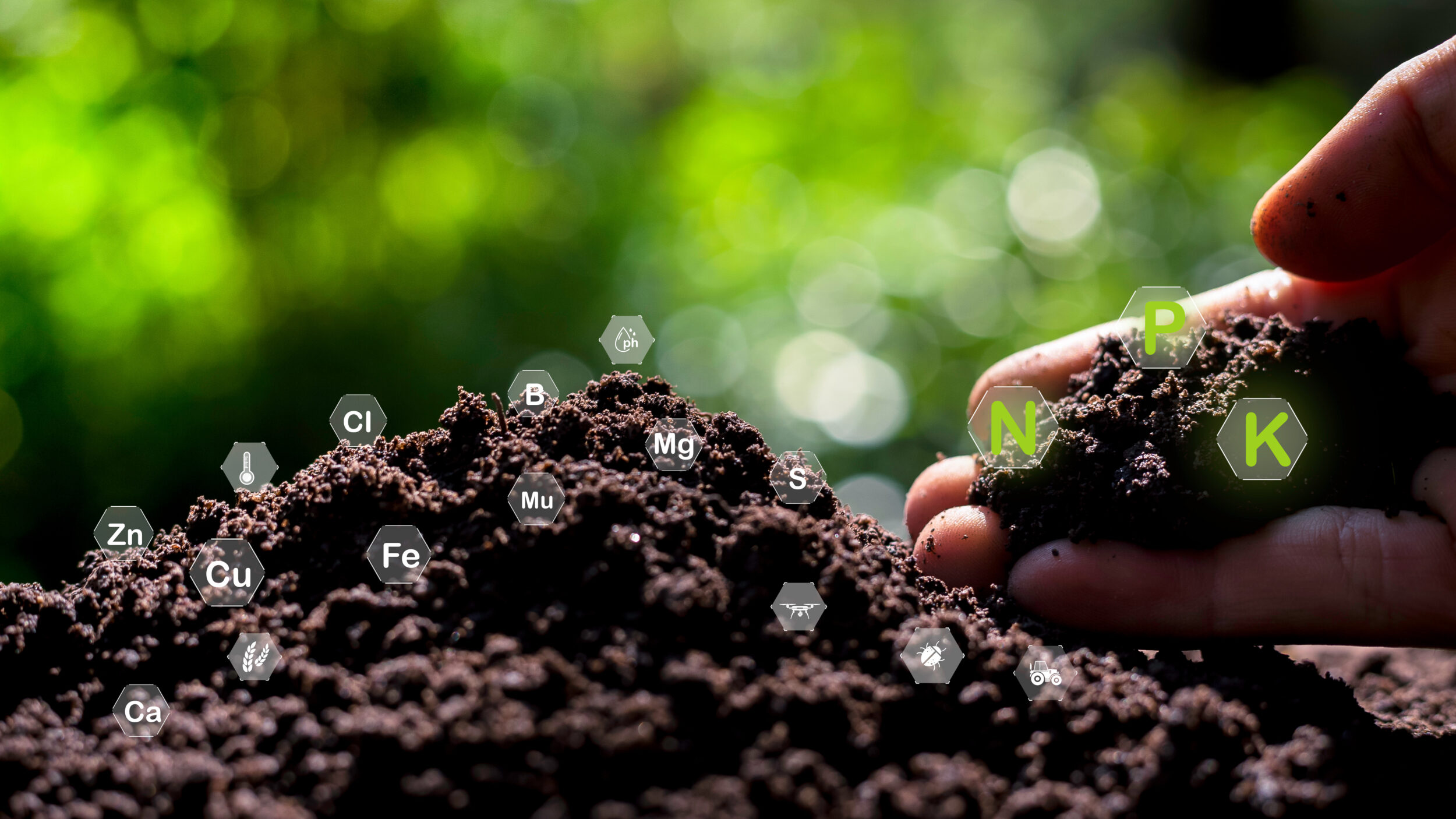Mentorship to empower African women in agribusiness
17 October 2024, Rome – The Food and Agriculture Organization of the United Nations (FAO) and…
Agriculture, which relies heavily on soil health, is the backbone of global food systems. Around 95% of our food comes from the soil. It’s not just about quantity; the quality of soil directly influences the nutritional content of crops. In a world striving to eradicate hunger, understanding and preserving soil health are paramount. Soils are a powerful ally in the fight against climate change. They act as a carbon sink, storing more carbon than all of the Earth’s vegetation combined.

Africa, with its diverse climates and landscapes, is particularly dependent on sustainable farming practices that are resilient in the face of the planetary crises of biodiversity loss, climate change and pollution. The majority of African farmers rely on rain-fed agriculture, making them vulnerable to the impacts of climate change. Soil degradation poses a significant threat to food security, making the recognition of the importance of soil health in Africa paramount for building resilience in the face of the triple planetary crisis.
The Sixth session of the United Nations Environment Assembly (UNEA-6) (unep.org) provides a global platform to address pressing environmental challenges and leveraging multilateralism to tackle the triple planetary crisis of climate change, nature and biodiversity loss, pollution and waste.
I am honored to moderate the side event at UNEA-6 titled “Cultivating Soil Health: Africa’s Pillar of Resilience in the Triple Planetary Crisis”. The side event will revolve around key themes crucial for nurturing soil health and promoting sustainable agriculture in Africa. We will explore the significance of soil health in achieving climate resilience, food security, and biodiversity conservation. Innovative farming practices from different actors will take center stage, emphasizing their role in addressing the triple planetary crisis. Discussions on policy frameworks, incentives, and international collaboration will also be there, recognizing Africa’s unique challenges and opportunities in sustainable agriculture.
I am thrilled to be joined by his excellency Mr. Abderrazzak Laassel, Ambassador and Permanent Representative, Embassy of the Kingdom of Morocco, in Kenya, as well as representatives of the United Nations Environment Programme (UNEP), the World Business Council for Sustainable Development (WBCSD), OCP and Kenya Agricultural and Livestock Research Organization (KALRO).
If you are attending UNEA-6, I invite you to join us on the Tuesday 27th of February 2024, from 1:30 to 2:45 pm EAT at Conference Room 1 for this side event.